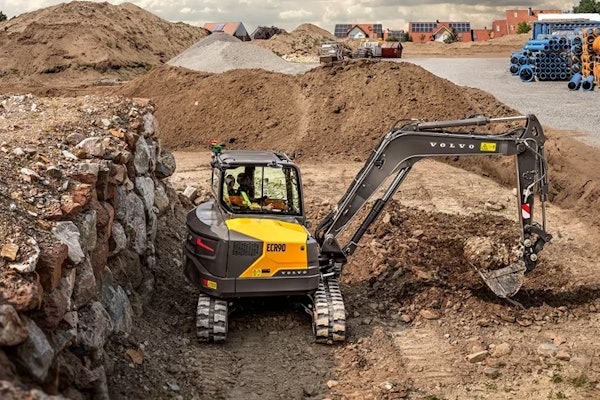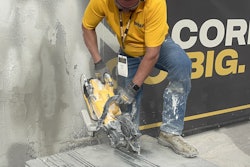By John Latta, Better Roads Editor-in-Chief,
Onsite at the American Concrete Pavement Association annual meeting in Orlando, Fla.
Maybe Victor Mendez, head of the Federal Highway Administration, reads my column. Or maybe it’s his own idea.
Either way, he is urging contractors and other industry stakeholders to do something I have been pushing for some time now.
Tell a better story.
“Often when people think of a construction job they think of a man or woman on a backhoe digging a trench, ” he says. But there is a “ripple effect” from such jobs,” he says, and “it is important that we tell this story. One jobs leads to many others in this industry and this is what happens when we invest in infrastructure.”
“Tell the story on people terms,” he says, “not with technological terms.”
Mendez was addressing the opening general session of the American Conrete Pavement Association annual meeting in Orlando, Fla.
Citizens–that is taxpayers and voters–understand stories. They are our most basic, but essential communication tools. Let them know infrastructure spending reaches into all corners of their communities.
Mendez also took the time to press a couple of hot buttons for an audience deeply invested in the highway building industry.
At his confirmation hearings this summer, Mendez said he constanstly faced committee members who assumed major transportation projects that took about 13 years from start to finish.
“Whether it is 13, 15 or 11 years doesn’t matter,” he says. “We can’t afford to take 10 years or more to deliver these projects. My goal is to cut this time in half.”
Here he is sharing the stated goal of Jim Oberstar (D-Minn.), of course.
But won’t the refroms needed to do that have to wait for reauthorization legislation? No, says Mendez. He says he’s already assigned his staff to start work on looking at ways to streamline some procedures and practices, including ternative bidding practices.
By the way, he asked me to beware of the word “streamlining ” because “it can suggest shortcutting and that is not what we are doing. He is looking for efficiencies, he says, ways to avoid to avoid timekillers such as duplication or failures to share information.
One more thing. Some key senators from both sides of the aisle have urged only a six-month delay in replacing or reauthorizing SAFETEA-LU, Mendez says, but while technically non-commital, he says his main concern about moving too quickly is that needed procedural and structural reforms may not be done right.
And he concedes that the administration still sees reauthorization firmly in line behind health care reforms.








